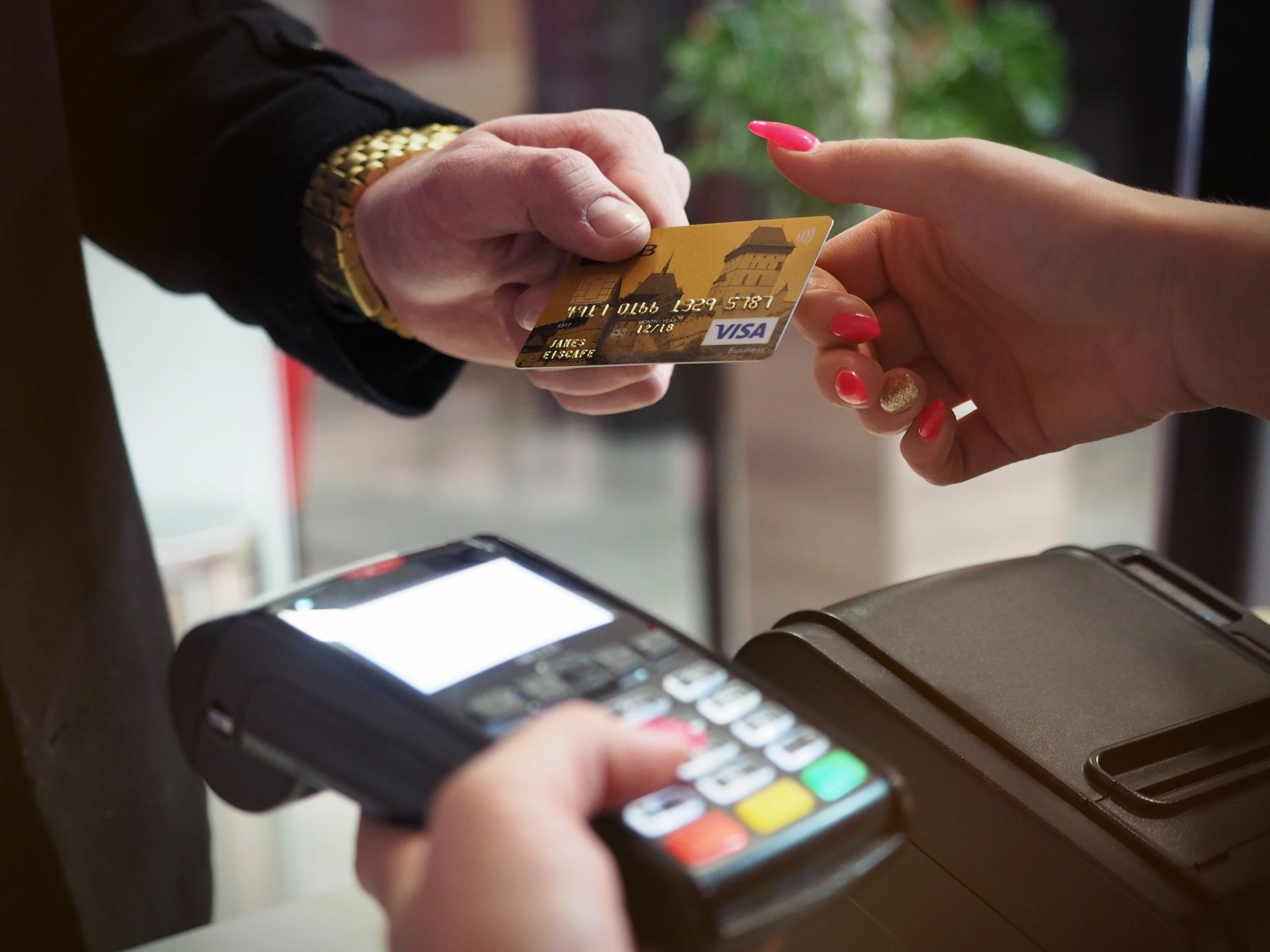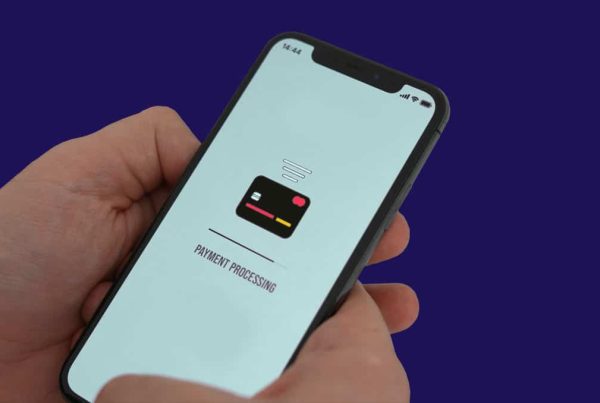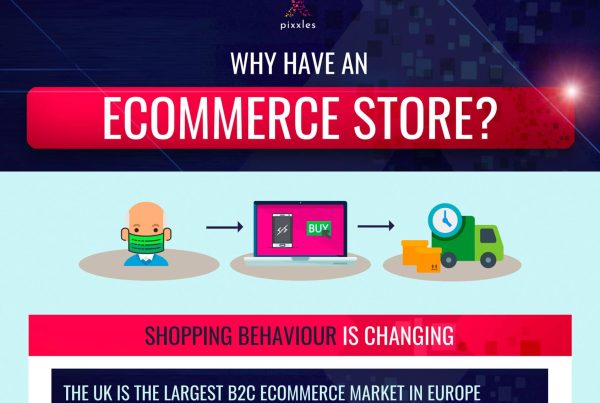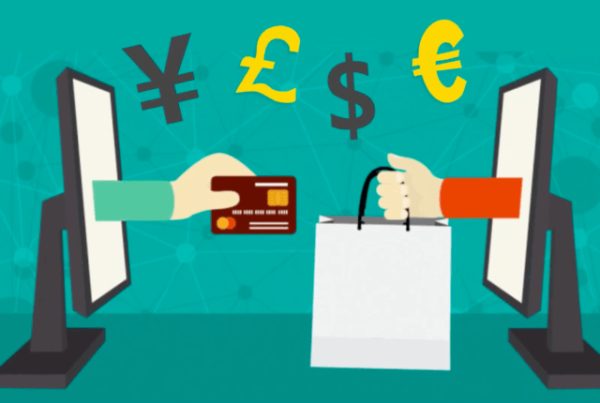What is a payment processor?
If you’re selling products or services online, you need both a payment processor and a payment gateway. Two common terms; two essential solutions; one complete package. But what’s the difference between the two?
Firstly, let’s look at payment processor solutions.
A payment processor transmits data between the merchant (the eCommerce store), the merchant’s bank, and the customer’s issuing bank.
It facilitates the secure processing of information. In doing so, it ensures that transactions are processed quickly and securely.
You can’t take eCommerce payments without a payment processor. But that’s only one piece of the puzzle.
What is a payment gateway?
A payment gateway is a tool through which a secure transaction can be made. It approves or disapproves the payment and is essential for transactions where the card is not present, as is the case with eCommerce payments.
Credit card and debit card numbers can be hacked and stolen. If the card is not present, then a fraudster only needs the number to process a payment. In theory, at least.
A good payment gateway provides a layer of protection and verification that guards against these transactions and greatly decreases the risk of fraud.
There are two types of payment gateway:
- Integrated payment gateways: The gateway is built into the website, so the customer doesn’t need to leave the site. Also known as white-label payment gateways, these solutions are still built and managed by third-party payment services, but they are integrated into the site’s existing infrastructure.
- Third-party payment gateways: Customers are sent to an external payment gateway to complete their orders. Their card details are entered on another—highly secure—platform and they are redirected back to the merchant when the payment has been finalized.
Payment processors vs. payment gateways
The gateway and processor both form part of a payment platform. If you think about a payment solution as a journey, the payment processor is the road that takes travellers from A to B while the gateway is the border checkpoint that ensures only legitimate travellers make it through.
Every business that accepts debit cards, credit cards, prepaid cards, and gift cards needs a payment processor. All companies that process payments online need a payment gateway.
- Payment processer – relays transaction information between the merchant’s bank and the issuing bank.
- Payment gateway – encrypts and transmits data and confirms whether the transaction has been approved or rejected.
- Payment processor – required for all card payments, regardless of whether the sale happens offline or online.
- Payment gateway – needed for eCommerce transactions but can also be used to take payments via a POS system and card reader.
For eCommerce brands, it’s not a case or “either/or”. These options work together to secure, expedite, and simplify the payment process.
Customers can purchase what they want in a few clicks, merchants can benefit from rapid payment verification, and the money gets to where it needs to be. What’s more, the entire process is 100% safe and secure from start to finish, with minimal input required from either the customer or the merchant.
Payment processing from Pixxles
Ready for a secure payment processing solution? Apply at Pixxles today.
Need a little more information? Here are a few of the benefits of using Pixxles for payment processing.
- Easy integration: Whether you need a simple integration with an existing shopping cart or a complete custom overhaul, Pixxles can help. Pixxles provides state-of-the-art payment processing solutions for modern eCommerce brands, and the software can be built around your existing infrastructure.
- A direct approach: Many payment processing solutions use a variety of third parties, needlessly convoluting the process and making it difficult for you to manage those relationships. Pixxles is authorised by the Financial Conduct Authority (FCA), so we’re able to adopt a direct approach.
- Check out in 100+ currencies: eCommerce stores targeting a global audience must be prepared to meet the needs of international customers. This means accepting a broad range of currencies, something that Pixxles is more than well-equipped for. Pixxles processes payments in over 100 currencies, giving customers access to both established and emerging markets.
- Virtual terminal: The Pixxles Virtual Terminal can be used to send easy-pay invoices to customers and to enter payment details from phone and mail orders. A single transaction app provides an array of payment solutions, and everything is organised for easy access and reporting.
- Hassle-free verification: We don’t complicate the verification process like many providers do. We have our own team of underwriters and complete Due Diligence upfront, thus providing a rapid approval process. We work with you, not against you, and we understand that every business has its own unique needs and way of doing things.
- Scalability: Your needs will change as your business grows, and the Pixxles payment solution is designed to evolve alongside you. Functionality can be extended to ensure minimal disruption and complete fraud protection as you grow.
- Customer-retention features: eCommerce brands thrive on repeat custom just as much as traditional retailers and Pixxles contains features that promote loyalty. Recurring billing makes it easy to establish auto-shop and subscription services while simple invoicing and usability keeps B2B clients on board.
- Mobile payment acceptance: The Pixxles gateway is compatible with Android and iOS devices, which means it can take card payments on the go. Use it in pop-up shops, at events, and wherever else your business and customers go.
- Real-time updates: Merchants have access to updated cardholder data, as provided by the card issuer. It reduces the risk of service cancellations and failed transactions as a result of new cards being issued.
All of the information above is contained within an easy-to-use dashboard, providing complete accessibility for businesses of all sizes, regardless of prior payment processing experience.
If you need a quality payment processor for small businesses or want to learn the many ways that your brand can benefit from these secure payment solutions, check out our pricing. Feel free to contact us if you need more information
FAQs around payment processors and payment gateways
What does a payment processor do?
A payment processor acts as a secure bridge between the merchant and the financial institutions that send and receive the funds.
Do I need a payment processor?
If you plan to process debit or credit card payments, yes, you need a payment processor.
What is a payment gateway?
A payment gateway is a secure network that facilitates the transaction and confirms whether it has been approved or rejected.
Do I need a payment processor for a small business?
All businesses need a payment processor if they want to accept card payments, regardless of their size. However, there are cheaper and simpler options available for small businesses that don’t need to process a lot of payments. That’s why it’s important to work with scalable payment solutions like Pixxles.
With Pixxles, you pay for what you need and what you use, and you can scale gradually as your business grows.
How do payment gateways work?
Payment gateways encrypt card data and perform fraud checks to ensure the transaction is legit. This data is then sent to the acquiring bank to complete additional checks and authorisations.
Why are payment gateways needed?
Payment gateways are used to process online payments. They use authorisation methods to confirm the legitimacy of transactions, which is key when there is no physical card present.








